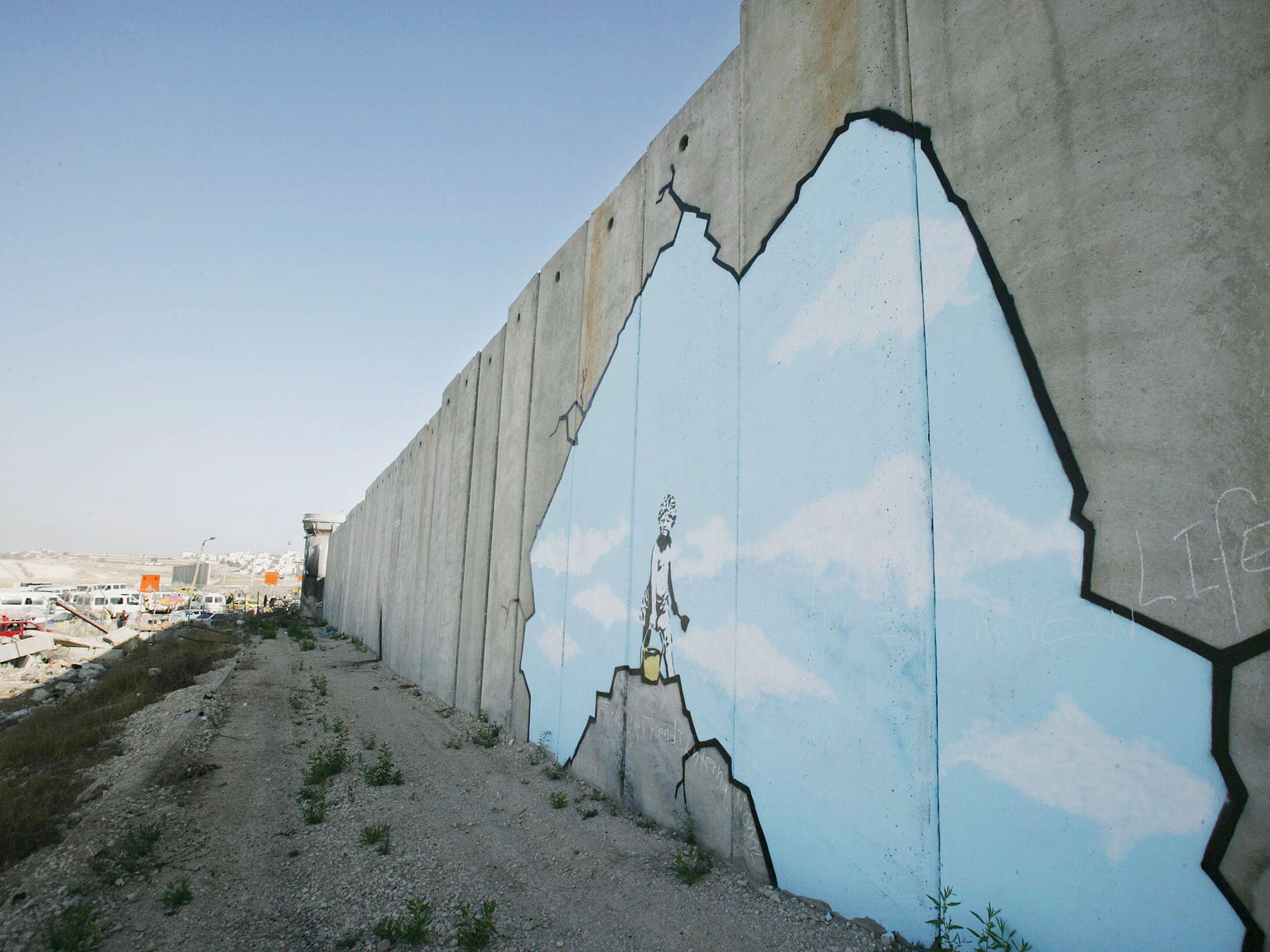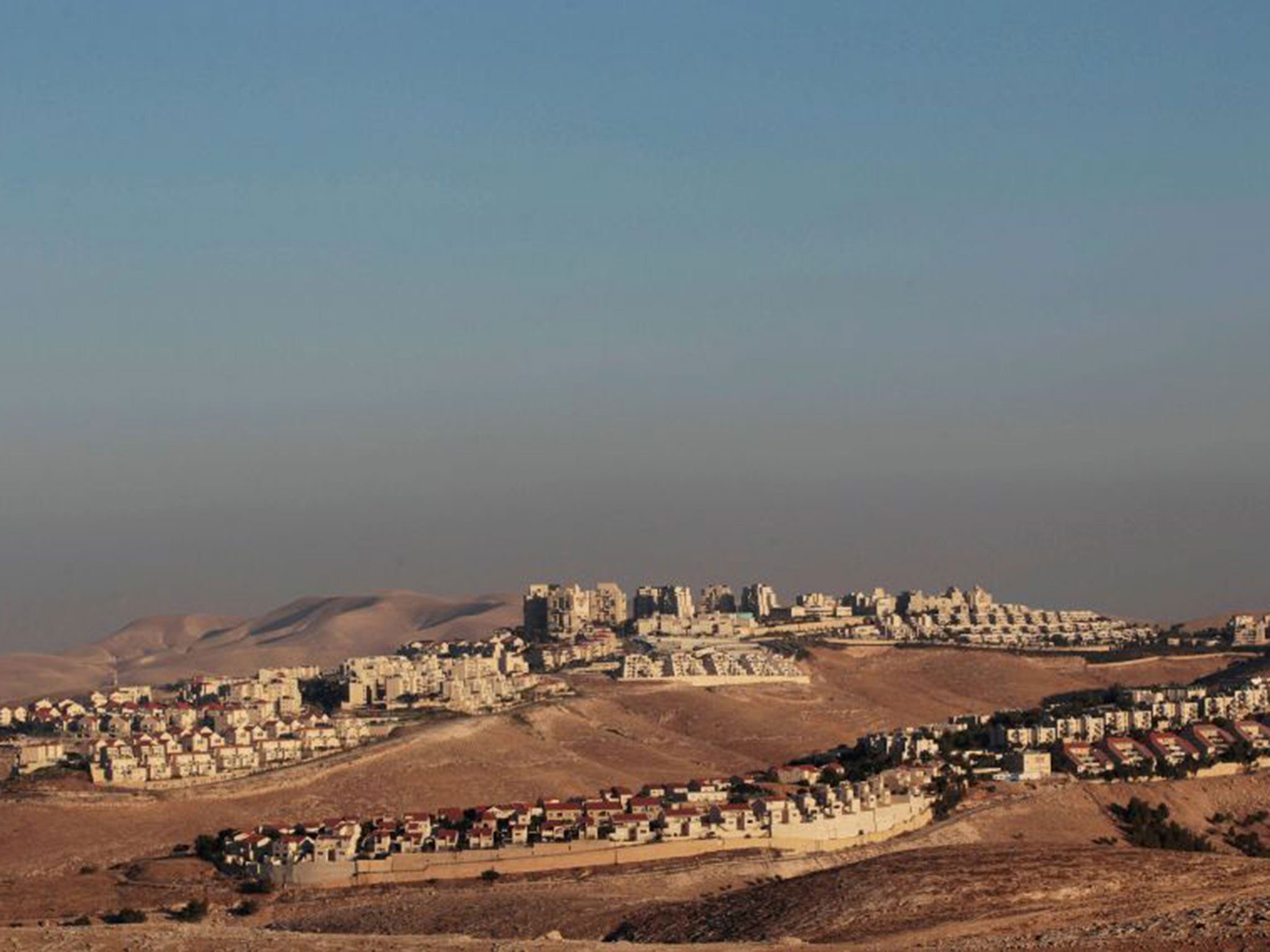Israel's Benjamin Netanyahu 'persuaded world powers to water down illegal settlements report'
'There's just no appetite to go toe-to-toe with Israel and deliver a really harsh indictment,' says ambassador

Israeli diplomats reportedly convinced the major world powers to water down a hard-hitting report criticising the country over its continued building of settlements.
Compiled by the United States, the European Union, the United Nations and Russia, diplomatic sources had suggested the Quartet of Middle East mediators' report would contain a severe denunciation of the Jewish state's policies towards the Palestinian territories.
But once concerns about its contents reached Prime Minister Benjamin Netanyahu's office, officials say he was determined to dissuade those behind the document, according to Reuters.
He then flew to Moscow to visit President Vladimir Putin, then met with US Secretary of State John Kerry and the EU's foreign policy chief Federica Mogherini in Rome.
Upon publication, while the report criticised Israeli continued building of settlements, it did not call it illegal.
Chief Palestinian negotiator Saeb Erekat said the focus on Palestinian incitement showed the Quartet had attempted to "equalise the responsibilities between a people under occupation and a foreign military occupier".
According to Reuters, a number of American, European and UN diplomats agreed with Mr Erekat's view that the international community had given in.
"There's just no appetite to go toe-to-toe with Israel and deliver a really harsh indictment," one European ambassador said. "No one sees the upside to it."
The report by the four entities sponsoring the stalled peace process said Israeli policy was "steadily eroding the viability of the two-state solution".
"This raises legitimate questions about Israel's long-term intentions, which are compounded by the statements of some Israeli ministers that there should never be a Palestinian state," it said.

The report said Israel had taken for its exclusive use some 70 per cent of Area C, which makes up 60 per cent of the occupied West Bank and includes the majority of agricultural lands, natural resources and land reserves.
Under the Oslo accords of the mid-1990s, Israel retains full control over Area C, where large tracts have been declared closed military areas.
"Israel should implement positive and significant policy shifts, including transferring powers and responsibilities in Area C," the Quartet report said.
It said only one permit for Palestinian housing construction in Area C was reportedly approved in 2014, while there did not appear to have been any approved in 2015. The report said at least 570,000 Israelis are living in the settlements, which most countries deem illegal.
"Israel should cease the policy of settlement construction and expansion, designating land for exclusive Israeli use and denying Palestinian development," the report recommends.

The Quartet report also criticised Palestinian leaders for "not consistently and clearly" condemning terrorist attacks and said illicit arms build-up and militant activities in Gaza - controlled by Islamist group Hamas - must stop.
Mr Netanyahu's office welcomed some aspects of the Quartet report, but said Israel took issue with numerous factual and policy assertions. A statement from the office said the report also "perpetuates the myth that Israeli construction in the West Bank is an obstacle to peace".
Nabil Abu Rdainah, the spokesman for Palestinian President Mahmoud Abbas, expressed disappointment with the Quartet report.
"Any report that does not include the full withdrawal to the 1967 borders, including occupied Jerusalem, and does not include a recognition of the illegality of settlement will not lead to real and lasting peace and will lead to more tension and more instability in the region," he said in a statement.
UN Middle East envoy Nickolay Mladenov briefed the UN Security Council on the report and said it would be up to the council and the international community to use the report to decide the way forward.
Join our commenting forum
Join thought-provoking conversations, follow other Independent readers and see their replies
Comments
Bookmark popover
Removed from bookmarks